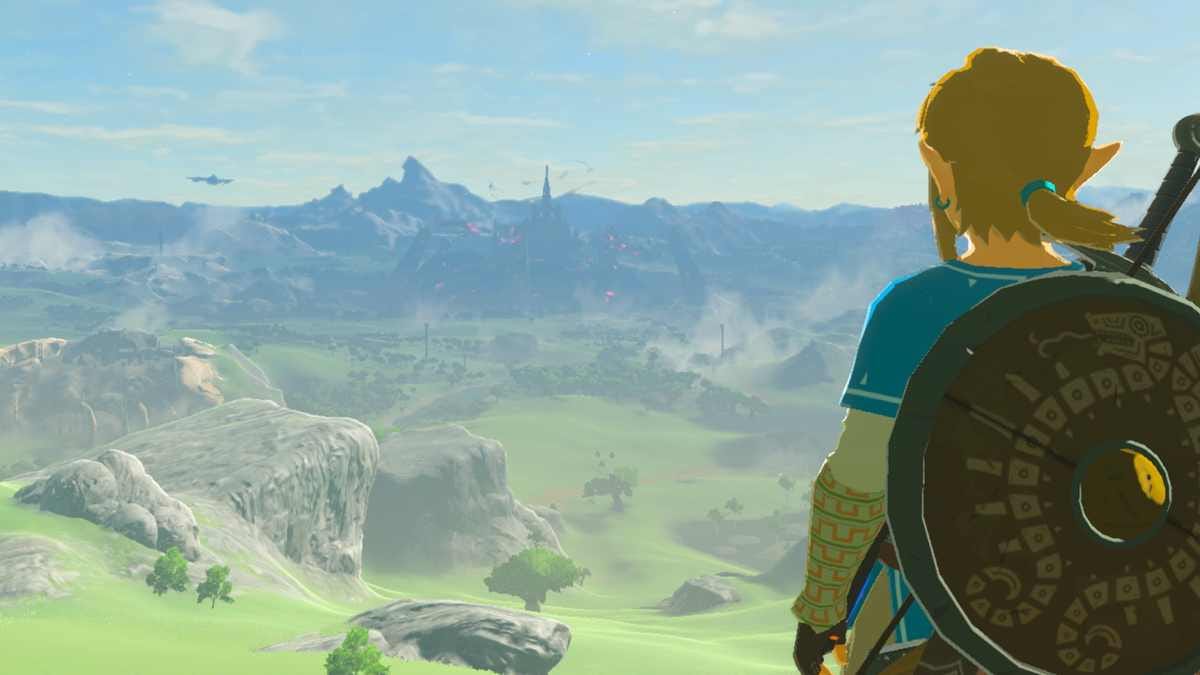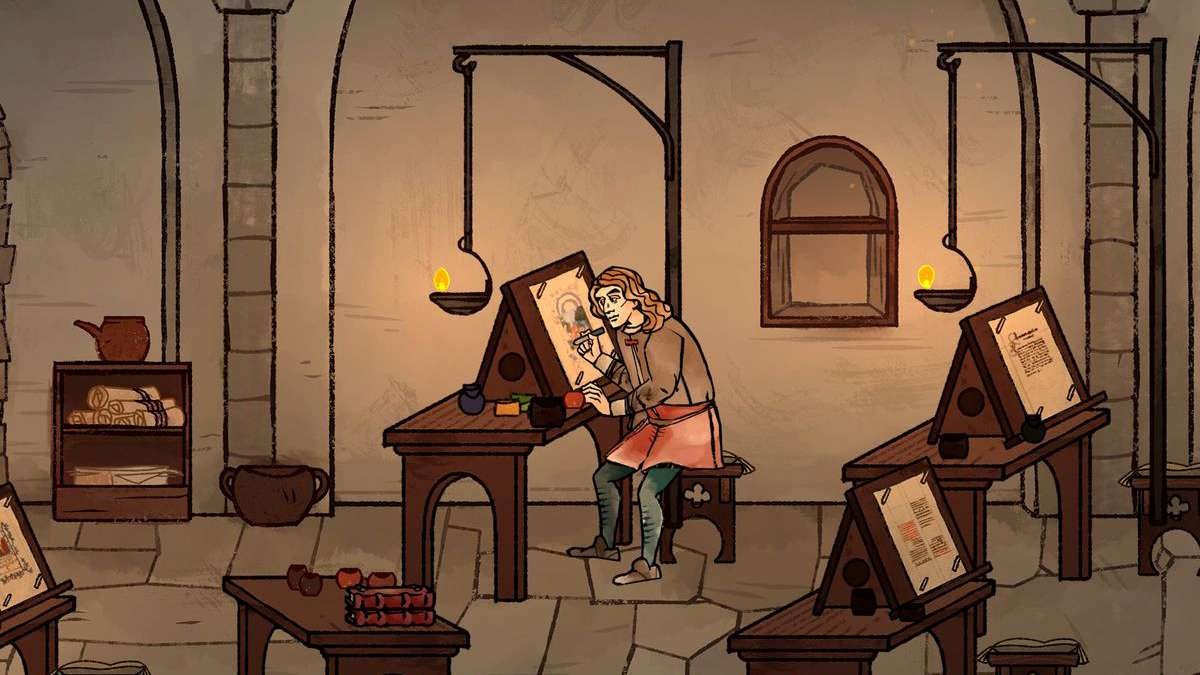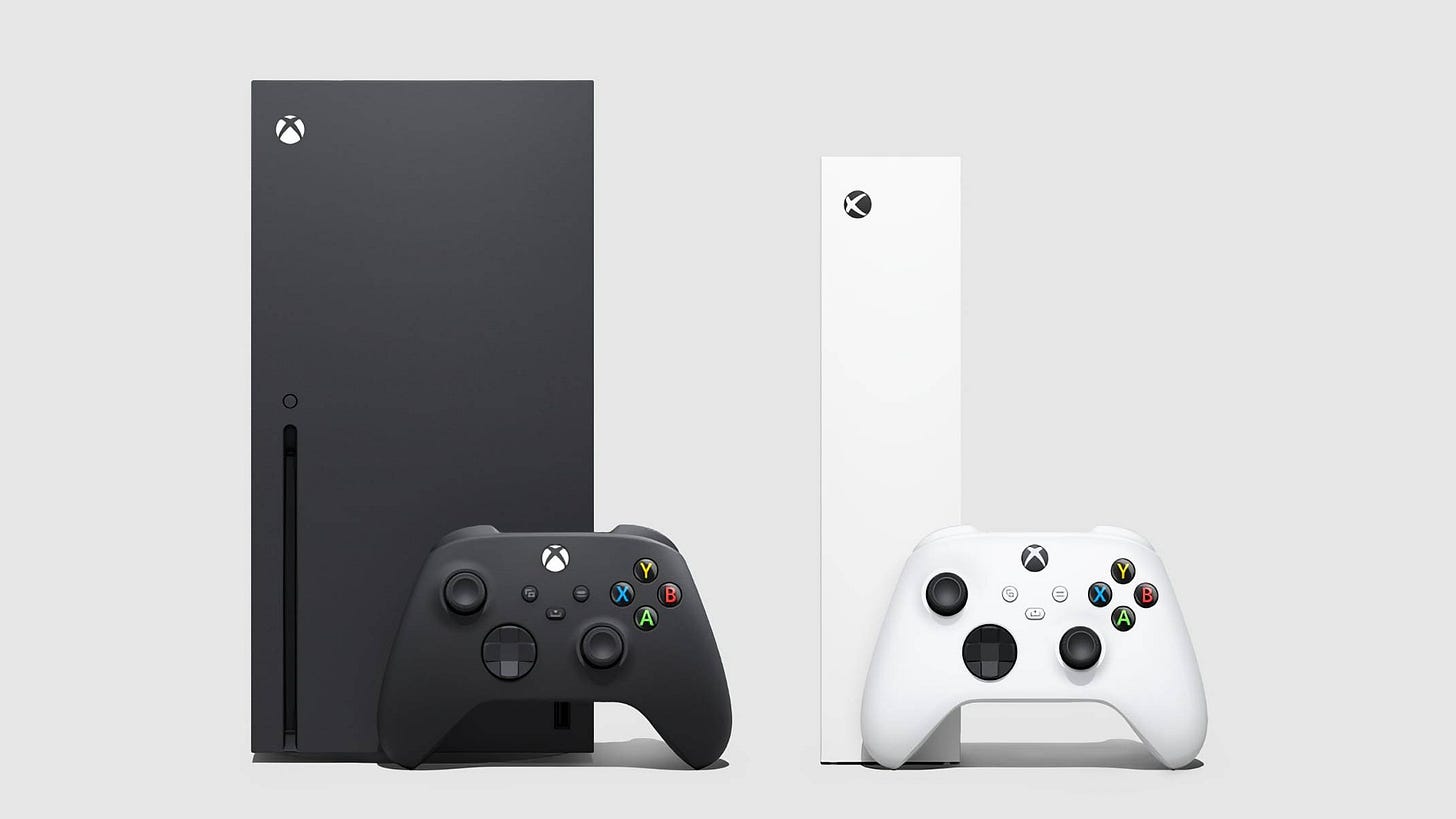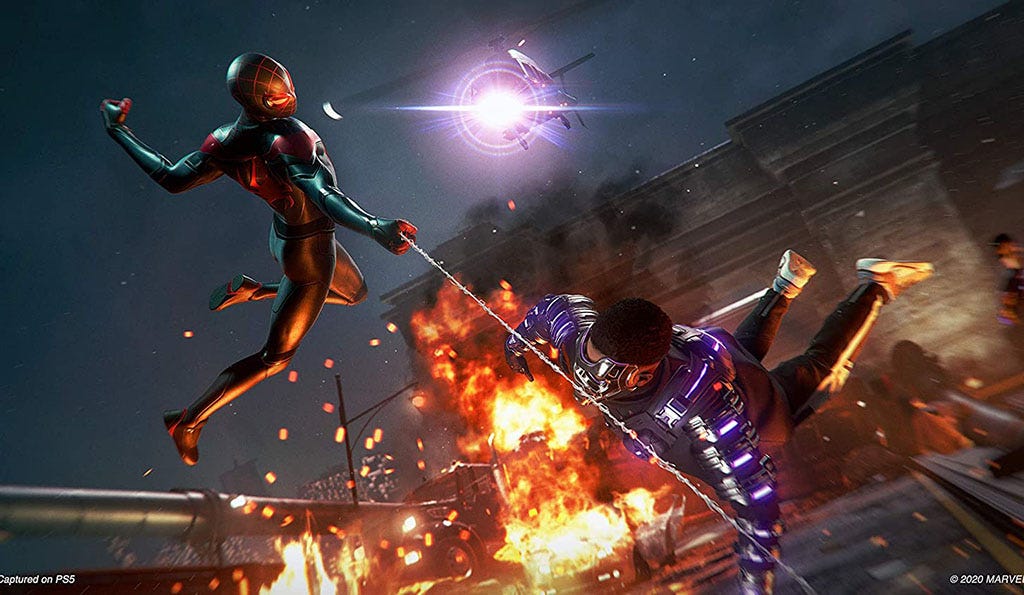Did Microsoft just wave the white flag for Xbox?
'Great games won't help,' says Microsoft CEO of Gaming Phil Spencer. I strongly disagree
It’s been a rough week for Microsoft and the Xbox brand. With the disappointing release of Redfall and a long list of broken promises, many have been questioning what exactly is going on at Microsoft HQ – and rightly so.
I even went as far as to say that Microsoft shouldn’t be allowed to buy Activision Blizzard due to the company’s mismanagement of certain studios and IPs, but at least we have some answers.
Microsoft’s CEO of Gaming Phil Spencer spoke to Kinda Funny Games and candidly responded to several tough questions from the panel. It’s well worth a listen if you’re an Xbox fan.
However, mixed in with the expected apologies and promises to do better – which Spencer conceded are probably falling on deaf ears at this point – the head of Microsoft’s gaming division made a surprising admission.
And this admission makes me question the future of Xbox as a whole.
“I see commentary that if you just build great games, everything would turn around,” Spencer says. “It’s just not true that if we go off and build great games, all of sudden you’re going to see console shift in some dramatic way.”
I’m sorry, but I don’t subscribe to that defeatist thinking at all, and neither should Microsoft.
It’s all about the games

Games are the very essence of a console. Yes, nowadays consoles tend to have subscription services, multimedia capabilities, and integrated social elements, but it’s the games that are the main appeal of every system. If a console doesn’t have good games, people aren’t going to buy it – it’s as simple as that.
Don’t get me wrong, additional features can sometimes attract the odd buyer or increase the value proposition of a console. You might find a consumer who picked up a PS3 back in the day because it was a cheap Blu-Ray player, or perhaps someone bought a Wii because they thought it could help them lose weight in a fun way thanks to its motion-controlled gameplay.
But fundamentally what defines whether a video game console is beloved by gamers or not is its ability to play games – and, ideally, if it also offers the best place to play games from other developers. No matter how you dress it up, there’s no getting around that fact.
Now, I do agree with Spencer to the extent that great games don’t necessarily guarantee success. History has taught us that much. The Wii U was a colossal flop, despite many of the best Nintendo Switch games starting out life on Nintendo’s much-maligned console.
The Dreamcast, perhaps my favorite system of all time, also bit the dust even though it had an excellent library of exclusive games and forward-thinking features like online play and interactive memory cards (how cool were those?).
But when the Xbox Series X is, essentially, a slightly more powerful PS5 from a technical perspective, what separates it from its main rival if not the quality of its games? Sadly, the best Xbox Series X games pale in comparison to the best PS5 games.
Sony’s USP
Wisely, Sony differentiated the PS5 from the Xbox Series X by emphasizing the DualSense controller, which, rightfully, makes games more enjoyable thanks to its clever haptic feedback and the adaptive triggers. Sony also made a big deal over 3D audio, something which Xbox consoles have had ever since Dolby Atmos arrived, but never really marketed it as a distinguishing, must-have feature.
Sony isn’t winning this generation because of these two hardware features, though they certainly help. It’s winning because it’s delivering high-quality games that people want to play and often can’t find anywhere else. Just like it did during the last generation, earning trust from gamers along the way.
Exclusives matter. They always have and they always will. I would have never bought the original Xbox if it wasn’t for Halo: Combat Evolved, a game that would eventually lead me to purchase the Xbox 360 and Xbox One due to my love of the franchise.
I would have never bought a Switch on launch day if it wasn’t for The Legend of Zelda: Breath of the Wild, and the only reason I could convince my dad to buy a Sega Dreamcast when I was younger was that he loved Crazy Taxi in the arcades. He literally bought it for one game.
Again, great games sell consoles and Microsoft shouldn’t dismiss that so casually.
Microsoft’s main objective

We’ve known for a while that Microsoft has given up trying to shift more hardware than Sony and instead wants to attract gamers to sign up for Xbox Game Pass. And that’s always been a smart move in my opinion, but the reality is that Xbox Game Pass doesn’t exist in a vacuum anymore.
Sony has its own all-you-can-eat style gaming service now in the form of PlayStation Plus Premium and PlayStation Plus Extra. And while I concluded in my PlayStation Plus Premium review that Xbox Game Pass Ultimate is still the superior service, the gap is closing.
The main advantage that Xbox Game Pass has over PS Plus Premium is that you gain access to Microsoft’s first-party titles on day one as part of the deal. That’s not the case with Sony, as it believes that would devalue and ultimately harm the quality of its games.
When Sea of Thieves was the first title to hit the service back in March 2018, I subscribed. It felt like a phenomenal value proposition at the time, and I think Microsoft has done a great job at attracting indie and third-party titles to the platform in the years gone by.
However, my reasoning for subscribing to Xbox Game Pass has become more difficult to justify. First-party games have launched in a mediocre state – Sea of Thieves included – and more painfully, Halo Infinite, which squandered the game’s incredible potential with poor communication from the development team and a lack of updates to its multiplayer mode.
Sure, there have been a few highlights over the past few years, like the Forza Horizon series, Pentiment, Psychonauts 2, and Hi-Fi Rush. And I do love the diversity of Microsoft’s portfolio compared to Sony’s, which stubbornly refuses to experiment outside of its third-person, narrative-driven, single-player adventure games.
But overall? The quality of the games hasn’t been good enough, and that’s been typified by the release of Redfall. If the games aren’t up to snuff, people will stop subscribing to Xbox Game Pass if they know they can get the same games plus high-quality exclusives elsewhere.
Microsoft has done so many things right this generation when it comes to its services, like Xbox Game Pass, backward compatibility, Xbox Play Anywhere, cloud gaming, and supporting PC gaming. But delivering must-have games that critics and fans adore? That’s the missing piece of the puzzle, and it’s been missing for a while.
Look to the stars
Phil Spencer also downplays the impact Starfield could have – Xbox’s big bet this year – even if it exceeds all expectations. “There’s no world where Starfield is an 11 out of 10 and people start selling their PS5s,” Spencer says. “That’s not gonna happen.”
If Starfield is an incredible game, then Phil’s absolutely right. People won’t sell their PS5s and rush out to buy an Xbox Series X instead – that much I agree.
But Microsoft will gain several other genuine, tangible benefits. For one, some faith will be restored in the Xbox brand – that’s massive right now. Second, Starfield will undoubtedly attract new and lapsed Xbox Game Pass subscribers.
In terms of possible console sales, Starfield could tip those who are undecided when it comes to PS5 vs Xbox Series X in the direction of Microsoft’s platform, and if it’s truly excellent, the odd PlayStation fan might pick up the game on PC or buy the cheaper Xbox Series S just to play it. Heck, they may even just want to stream it via Xbox Cloud Gaming.
If Starfield isn’t good, however, the chances of any of those things happening are reduced significantly.
Look, I’ve been playing games long enough to know that all it takes to get people to shell out for a new console is one great game. We’ve seen this time and time again. Gamers are fickle but curious creatures, and if one team has something big and shiny that everyone’s enjoying, we tend to want to find out what all the fuss is about. At least I know I do.
Microsoft needs to start delivering quality titles, consistently, to change the current, downward trajectory it began towards the end of the Xbox 360 era. Unsurprisingly, when Microsoft lost its focus with the Xbox One and the quality of its first-party games dipped, so did its fortunes and stature in the gaming world. Funny that.






